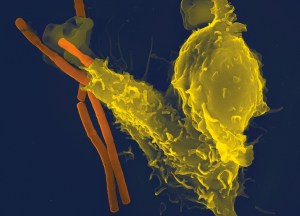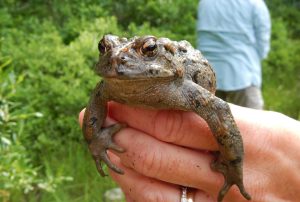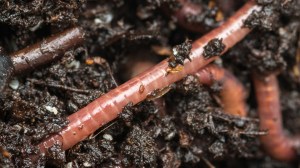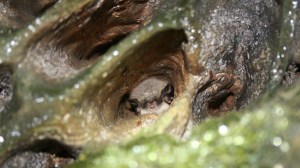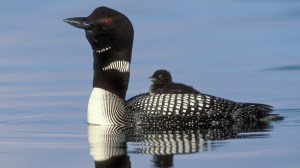Discover stories in Disease & Parasites
There’s a Plague in Our Oceans. Can Ecosystem Services Help?
Big disease outbreaks are making our ocean biota sick, from corals with spots and halos to starfish melting away
Seven Wildlife Diseases You’ve Never Heard Of
Wildlife diseases are an often-overlooked threat. We give you the short details on seven little-known bacteria, fungi or viruses threatening wild species.
Chronic Wasting Disease: What You Need To Know
Chronic Wasting Disease is now found in 26 states. What does it mean for deer, and for you?
The Mystery of the Dying Boreal Toads
Boreal toads are disappearing in some areas, thriving in others, despite the same disease presence.
Could Red Wiggler Worms Eliminate Stinky Campground Toilets?
The least fun part of summer camping? Smelly toilets. But a scent-free future may lie with a humble worm.
Urban Leopards Can Save Lives By Eating Feral Dogs
Having a leopard as a neighbor has risks, but it may also reduce rabies risk.
Threatened Bats Find a Slice of Paradise in New Jersey
Protected forests, like the one at High Mountain Preserve and others yet to be found, give bats that were devastated by white-nose syndrome room to reproduce and recover.
The Quest to Restore American Elms: Nearing the Finish Line
The quest to restore the American elm has been underway for more than 50 years. Now success is closer than ever.
Poisoning Vultures Will Come Back to Bite Us
Killing off the world’s vultures can come back to bite people — literally — in the form of rabid dogs.
Is Your Landscaping Killing Wildlife?
A common landscaping shrub is dropping large mammals dead in their tracks. Here’s what you need to know.
New Science Shows Seagrass Meadows Suppress Pathogens
After a bout of illness in Indonesia, scientists discover that seagrass meadows have bacteria-fighting superpowers that benefit people, fish and invertebrates.
Recovery: Saving Loons from Lead Fishing Tackle
Loons face many hazards. Here’s one we can easily address: lead fishing tackle.

